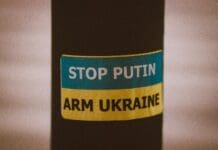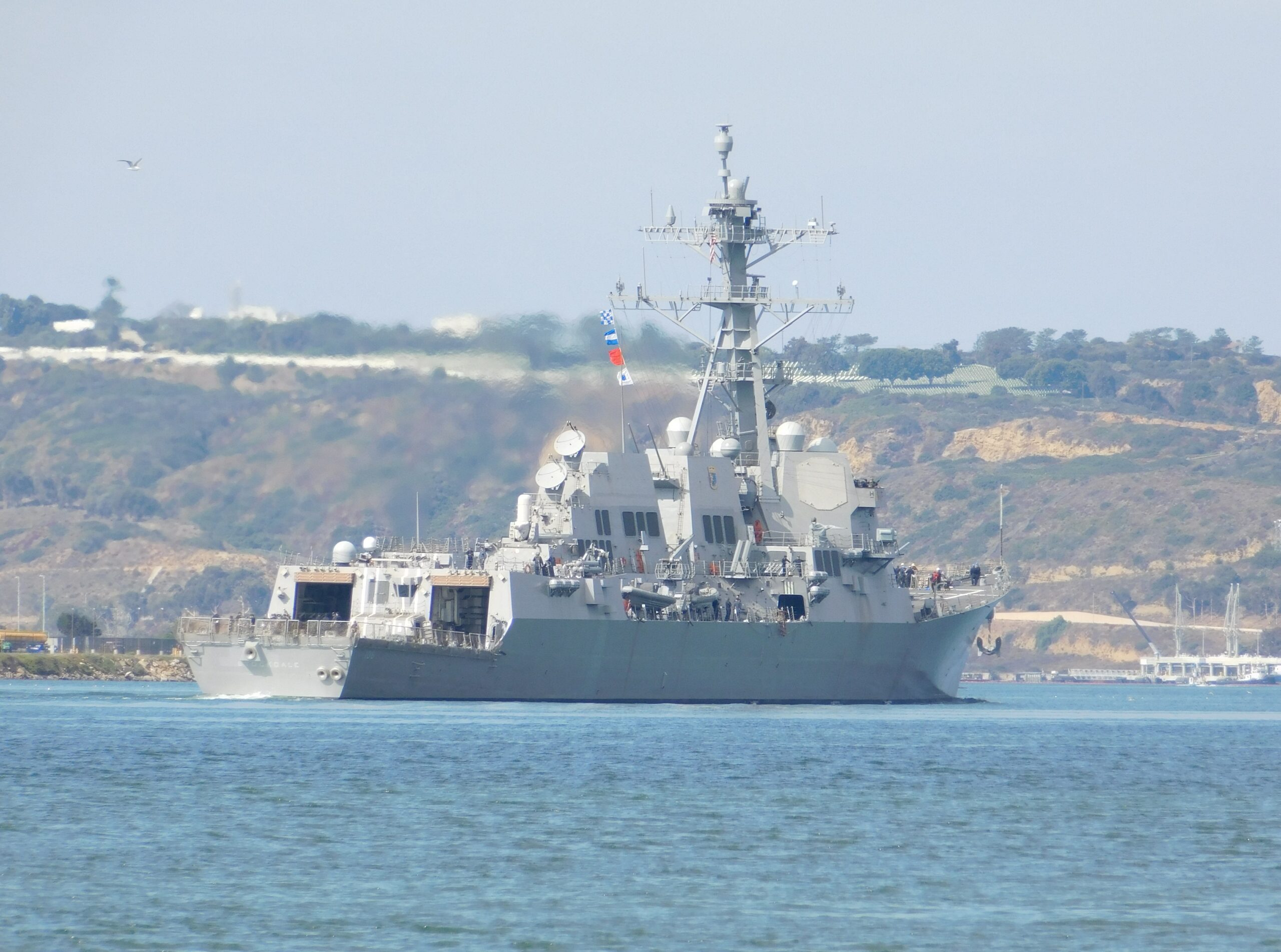This post is also available in:
 עברית (Hebrew)
עברית (Hebrew)
By Eyal Harel
Last Tuesday a dangerous substance leaked from a vehicle in a main street of one of the neighborhoods in Jerusalem. The incident caused great panic and uncertainty as to how to conduct. The incident took place during the morning, where there is much traffic with private vehicles, the light rail passing nearby, schools and shopping centers around. Instructions were to stay home and turn off the air conditioning – and we should remember that these are very hot days. Unfortunately the incident did not occur the day before, when Jerusalem saw a heat wave. Had it did, an instruction to close the air conditioning would have made the levels of anxiety and chaos rise even higher.
The responsibility for managing such an incident is the Israeli Police, as stated by a law for emergency management in fields in which it is in charge of home security. The incident combines many different services, from the fire department, to medical and rescue services, to the ministry of environmental protection, and of course the local authorities.
When looking at how local authorities are organized to handle such incidents, it’s clear that some authorities are more accustomed to different scenarios than others, therefore tools should be given to authorities and their heads to handle different scenarios. Such activity is led by the ministry of defense’s national emergency management authority, along with the home front command, which have established the “school for national firmness”, which is designed to instruct governmental offices, local authorities and various emergency services who deal with emergency response.
The local authority is the one who knows the terrain and the citizens best, and this is of great importance: The entire force must use the local authority’s knowledge and allow its head to play an inseparable part in managing the event.
Terror attacks in the past several years, especially in the city of Jerusalem, have brought about excellent cooperation between emergency services and the local authority.
Of great importance is the clear and immediate instructions to the public in order to save lives and prevent further damage. The issue of spokesmanship and public education has been led for many years by the home front command, but recently there has been a change in the police and ministry of public security, and with it an understanding that the police, controlling and instructing during such scenarios, should also be the one to issue the instructions to the public. The home front command is not prepared to answer emergency events during routine, as it involves recruiting or transferring forces, but the police is everywhere and is first to arrive and the scene and control the event.
There is great importance in passing on the lessons from different events to different authorities in the country so that they could adjust current protocols of handling various scenarios required from the authority during an incident.
These emergency scenarios erupt into our lives with no warning and require that professionals trained by courses and academic classes will command and manage them. It is important to hold professional conferences which deal with different scenarios alongside the activity led by the national emergency management authority. People in charge of such matters in local authorities, governmental offices, and other organizations must be required to participate in conferences and seminars, and be academically and practically authorized.
In Israel today there is no training at a graduate degree level for emergencies (except in Beit Berl which is offering such training as part of the studies for national security), only post-graduate. This does not offer enough depth and I hope that someday such an initiative will take off and offer professional training for everyone in the field.
Eyal Harel was until recently head of the national security council’s division for home and home front security, and was the first manager of the Israeli government’s national crisis management center as well as a member of the inter-ministerial committee for earthquake preparedness.


























